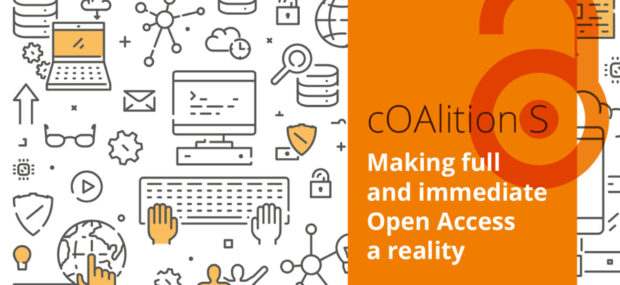Part of participating in an evolving society is the recognition that there indeed exists inequality between people on the basis of their identity. As certain groups are afforded more opportunities, or as the culture shapes itself around a set of particular experiences, it becomes the work of those who strive for equity and equality to think about the ways in which our society perpetuates cycles of oppression and systems of power. Though academia sometimes enjoys a reputation for being generally progressive, without intentionally thinking about how our institutions can better serve marginalized identities, it is inevitable that inequality and inequity will continue to grow further systemic roots.
As a counter to this, the University of California recently published a post detailing some of the ways that inequality impacts the production and publication of scholarly articles, and how that in turn can contribute to an even more inequitable and unequal academic space. To inform people of some of the pitfalls that normally befall scholarly communications groups and academic publishers, the post highlights a few areas of the publication process, how they may currently contribute to growing inequality, and how scholarly communications professionals can address and hopefully correct some of these practices now and in the future.
Additionally, a little over a year ago, the Coalition for Diversity and Inclusion in Scholarly Communication produced their Guidelines on Inclusive Language and Images in Scholarly Communication. The guidelines cover best practices around avoiding implicit biases in writing, covering topics such as crime and incarceration with objectivity and care, ensuring images are accessible to all readers, and much more. Among its members, the coalition has OASPA, the Library Publishing Coalition, the Association of University Presses, the Council of Science editors and others. As many different organizations fight for more open models of publishing, libraries will continue to have a leading role to play in ensuring their collections reflect the full community of the world around us – and supporting independent publishers that may not have access to systemic privileges and massive contracts is an important step in building a fuller, more complete scholarly discourse.
- Featured image from Coalition for Diversity and Inclusion in Scholarly Communication.

